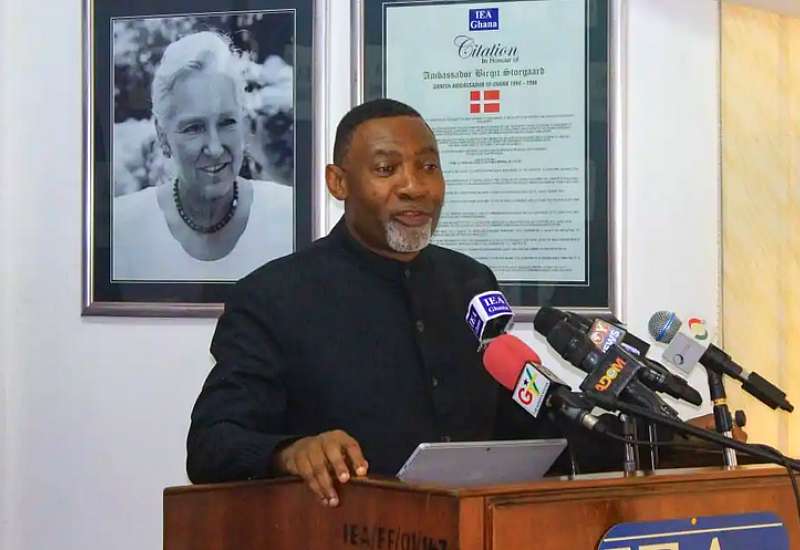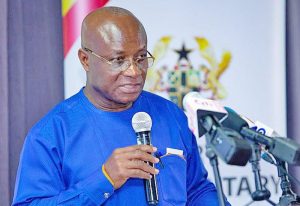Dr Lawrence Tetteh, an international evangelist and economist, has called for a ‘balance’ through reforms in Ghana’s 1992 Constitution to meet the developmental needs of citizens.
He said the 30-year-old legal governance document of Ghana needed review in some areas without any further delay to ensure a balance among all the three arms of Government – Executive, Legislature and Judiciary.
Dr Tetteh said this when he delivered a speech when the Institute of Economic Affairs (IEA), organised a forum on the views and reflections of religious leaders on the review of the 1992 constitution, in Accra on Wednesday.
He said by balancing the power of all the three arms of government and curtailing the excessive powers of the president, Ghana will have an accelerated sustainable development and promote the well-being of its citizens.
He explained that any continuous delay in reviewing the 1992 Constitution to rectify the current various loopholes therein would be a dent on Ghana’s democratic credentials.
“The 1992 constitution emerged out of a revolutionary and military leadership for the Fourth Republic….We should, therefore, create an atmosphere where we’re able to meet the socio-economic needs of the people even as we practice democracy,” he said.
“Ultimately, democracy is for the people, to the people, with the people and by the people. So, we should create room for politics to be peaceful, and not a strive between political ideas,” the president of the Worldwide Miracle Outreach said.
He also called for a review of the constitution to make intentional effort to increase the participation of women in political leadership and economic activities and be sensitive to the issues of children and persons with disabilities.
“Also, our constitution must be crafted to accommodate and be sensitive to the traditional and religious heritage as a people, safeguard religious freedom, and prohibit religion as a tool for discrimination,” he said.

The international economist also urged for deliberate changes to make the National Development Planning Commission’s (NDPC) long-term plans for socio-economic progress mandatory on all future governments to implement.
Sheikh Aremeyaw Shaibu, Spokesperson, National Chief Imam, emphasised the need to make the role of the NDPC enhanced and entrenched through reforms to make it binding on all parties that would come into office.
He also called for some institutional reforms to ensure that the Council of State was not limited to only advising the president.
In addition, the independence of the Electoral Commissioner must be guaranteed.
Such reforms, he said, were necessary because the 1992 Constitution had not yielded the expected dividend for Ghanaians, as the country had gone to the International Monetary Fund (IMF) for the 17thtime for bailouts.
He expressed worry that despite Ghana being endowed with many natural resources, governments over time, had not been able to utilise them for the “greater good” of the people.
“More than 95 per cent of the population belong to a religion, and as leaders we’re concerned about the economic well-being of Ghanaians, therefore, the call for reforms to ensure an accelerated development for all,” Sheikh Shaibu said.
The Chair of the event, Madam Sophia Akuffo, a former Chief Justice, said: “In many ways, religious leaders are the glue that bonds us together. Therefore, their views and reflections are important in shaping the Constitution 30 years on.”
Ashantibiz





